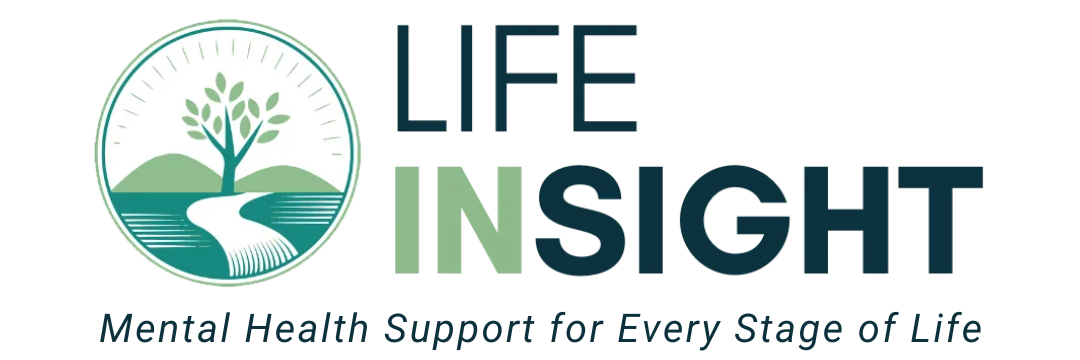Supporting Social Growth: Why Social Skills Matter in Autism Care
Life InSight
Every April, Autism Awareness Month invites us to reflect—not just on challenges—but on opportunities. One of the most powerful, lasting investments we can make in a child's future is helping them build meaningful social connections.
For kids and teens on the autism spectrum, the social world can be hard to navigate. Understanding unspoken rules, reading facial expressions, or knowing how to join a conversation doesn't always come naturally—and those gaps can impact friendships, confidence, and even independence.
That's where social skills support comes in.
Why Social Skills Support Is Essential
Social success isn't just about fitting in. It's about understanding how to connect—and having the confidence to try. Many kids on the spectrum want to make friends but aren't sure how.
Others may shy away from social situations because they feel unsure or overwhelmed.
Unfortunately, traditional therapy or school settings don't always offer focused support for these challenges. A structured social skills program creates space to slow things down, practice key behaviors, and build relationships in a supportive, low-pressure environment.
What Social Skills Programs Look Like
Life InSight's social skills programs are built around real-life situations and age-appropriate goals. These aren't lectures. They're active, hands-on sessions where kids learn by doing—together.
Here's what that might look like:
- Small group settings where peer modeling happens naturally
- Role-playing everyday situations like ordering food or joining a game
- Practicing turn-taking, conversation starters, reading body language, and managing conflict
- Opportunities to use new skills in real-world scenarios—with support
These moments might seem small, but they build toward something bigger: the ability to connect, adapt, and thrive.
Who Can Benefit Most
While every child is different, we've seen social skills programs be especially valuable for:
- Kids who've been recently diagnosed and are starting their care journey
- Children moving into a new school phase (elementary to middle school, etc.)
- Those struggling with friendships, isolation, or anxiety in social settings
- Families whose IEPs or school supports aren't fully addressing social needs
Even a few sessions can help unlock confidence and make group settings less intimidating.
Why It Matters Long-Term
When kids feel competent socially, it changes everything. They engage more in school. They experience less frustration and fewer behavioral outbursts. Their self-esteem grows.
And perhaps most importantly, families feel more hopeful about their child's ability to build meaningful relationships—now and into adulthood.
This Autism Awareness Month, let's commit to more than awareness. Let's take action. If you think your child could benefit from structured social skills support, we're here to guide the way. Let's build a connection—together.





